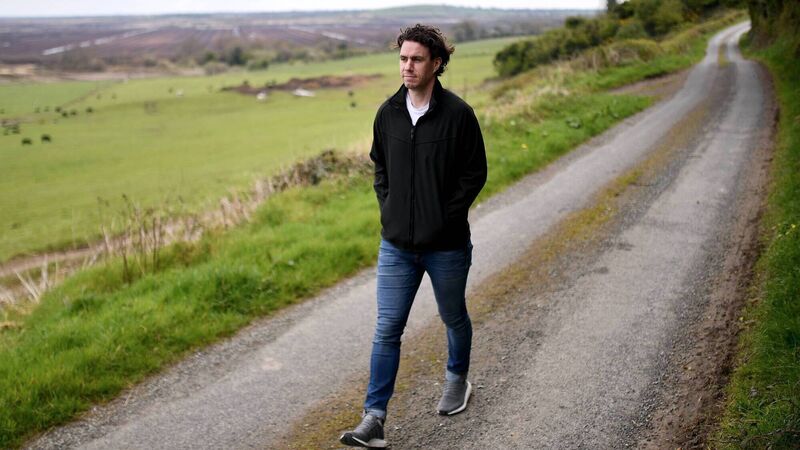'I'd have lost the price of a car' - Footballer reveals long struggle with gambling addiction

Rhode and Offaly footballer, Niall McNamee: "The ease with which a bet can be placed nowadays is very, very scary." Photo: Sam Barnes/Sportsfile
The ease with which people can access bookmaking services and place bets has been described as "scary" and "worrisome" by an inter-county footballer who struggled for years with his own gambling addiction.
Offaly and Rhode footballer Niall McNamee, ambassador for AIB, began gambling in his late teens and continued to do so up until his late 20s.










